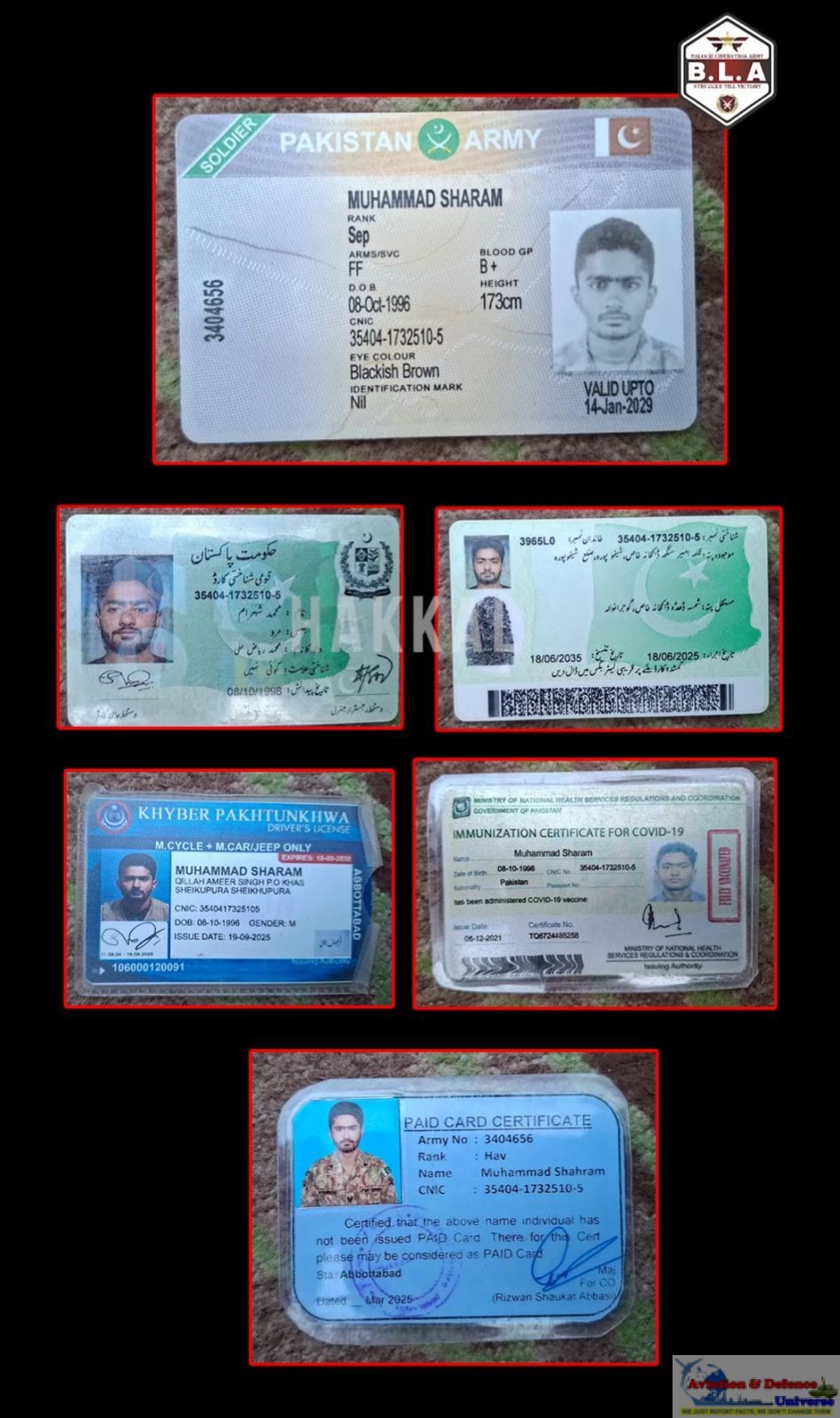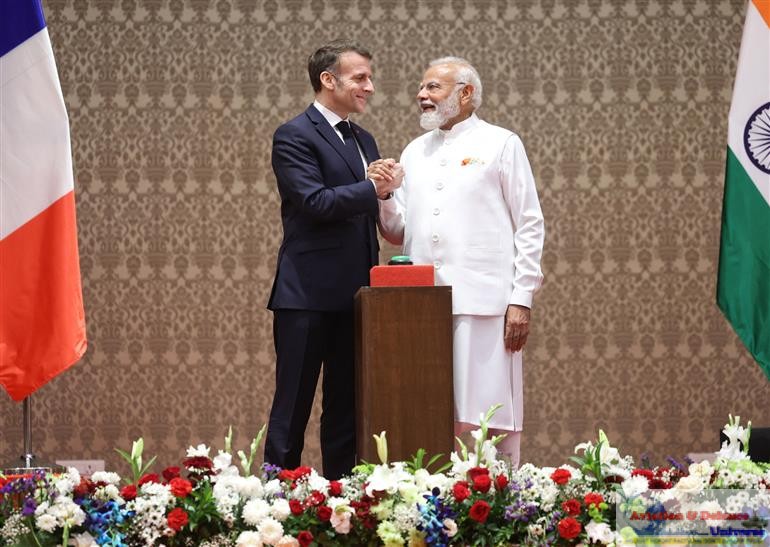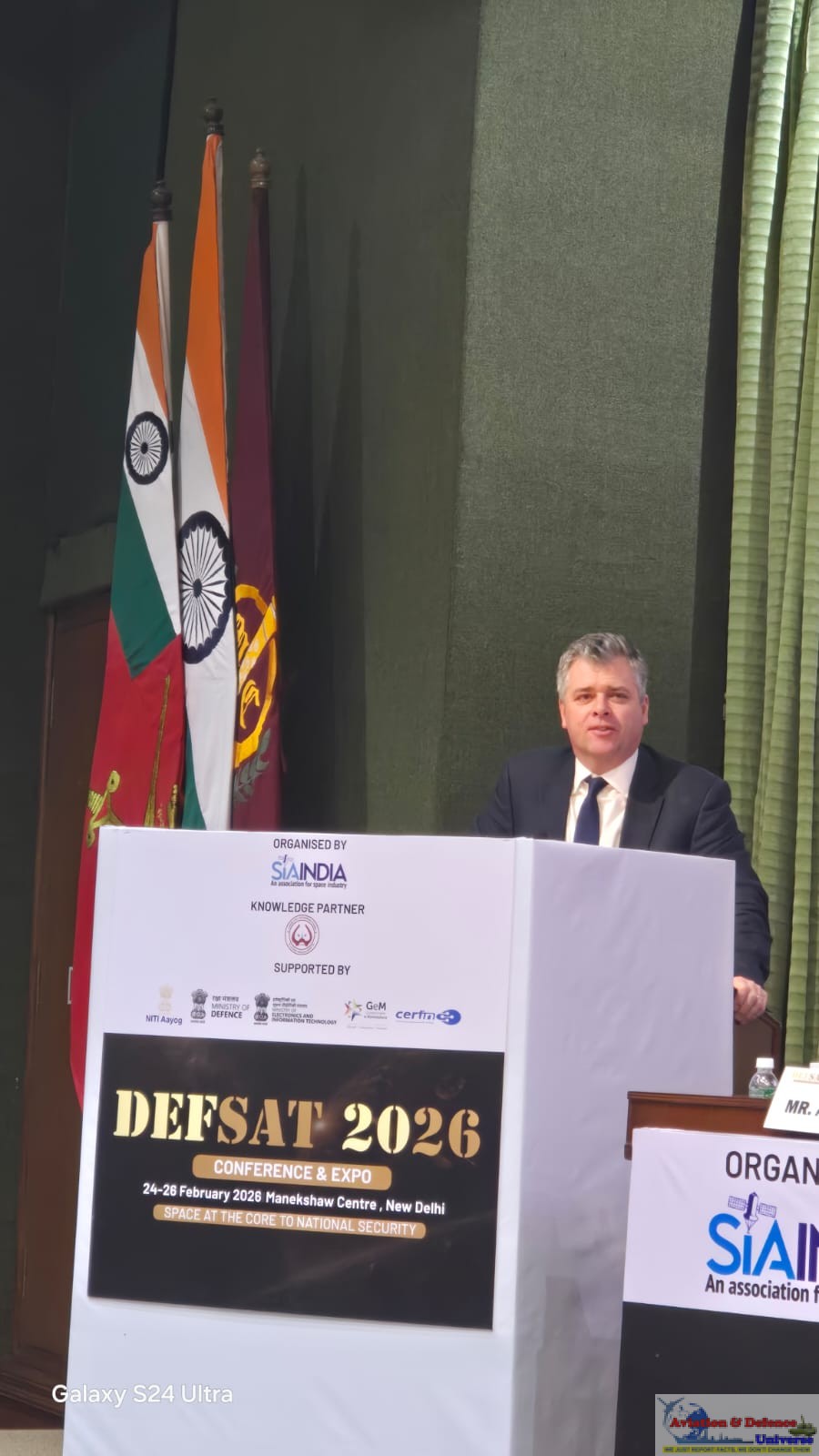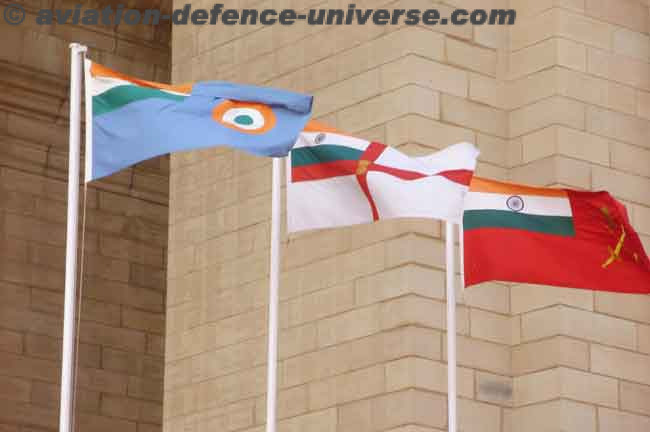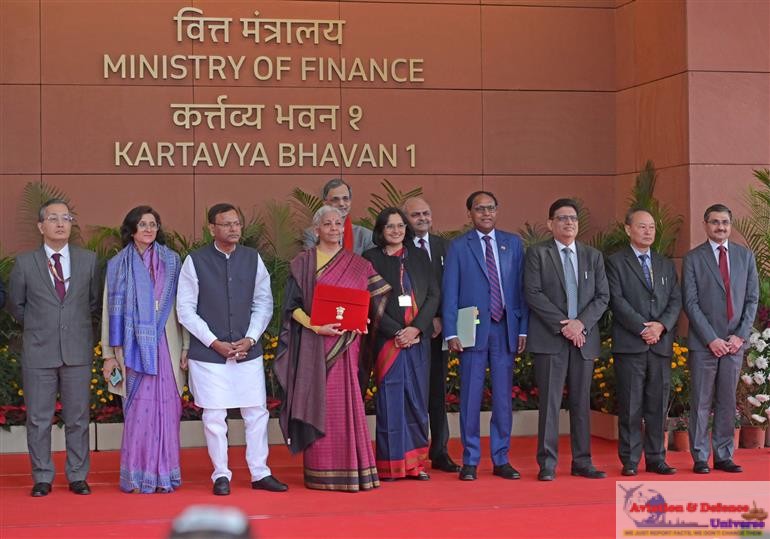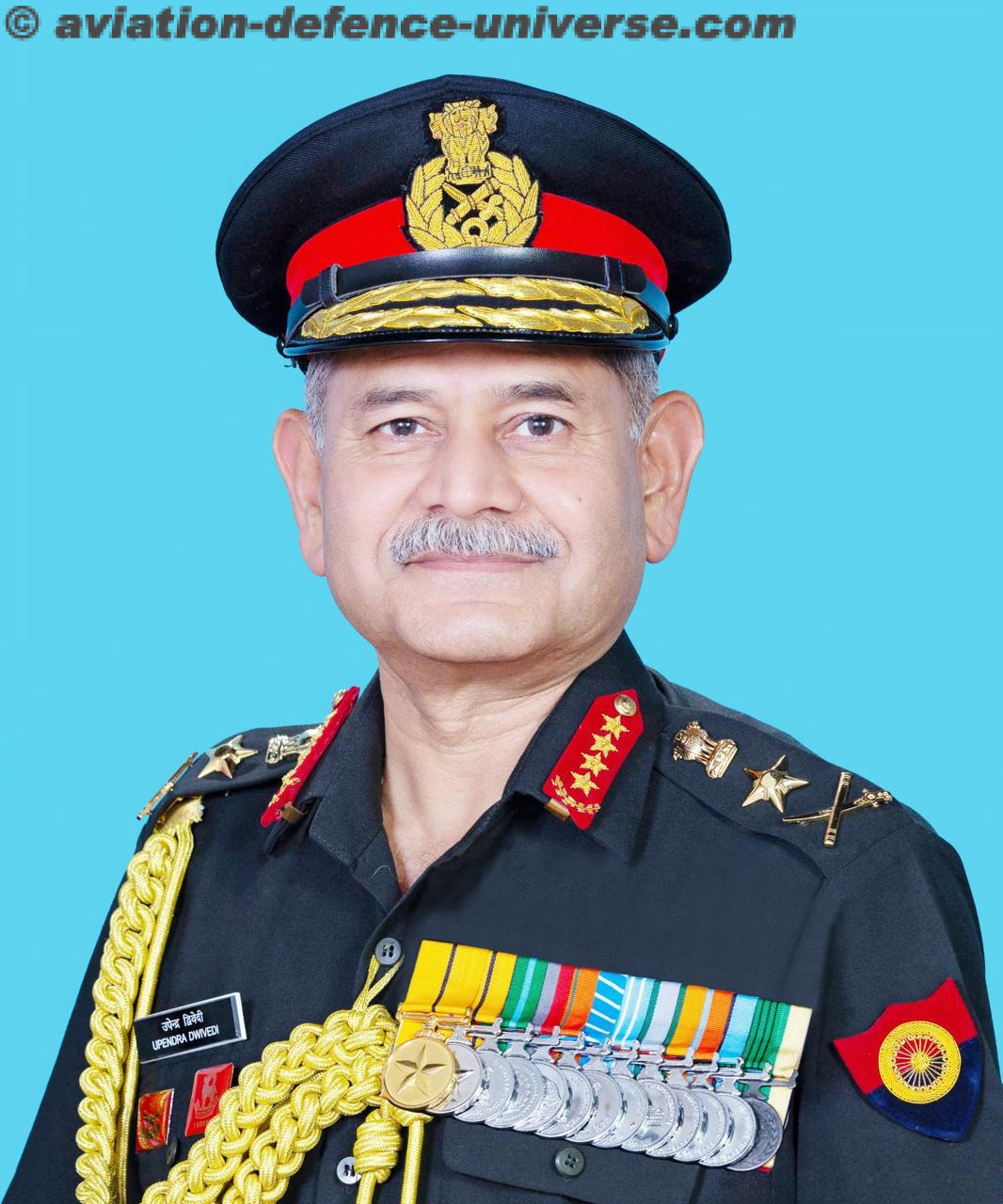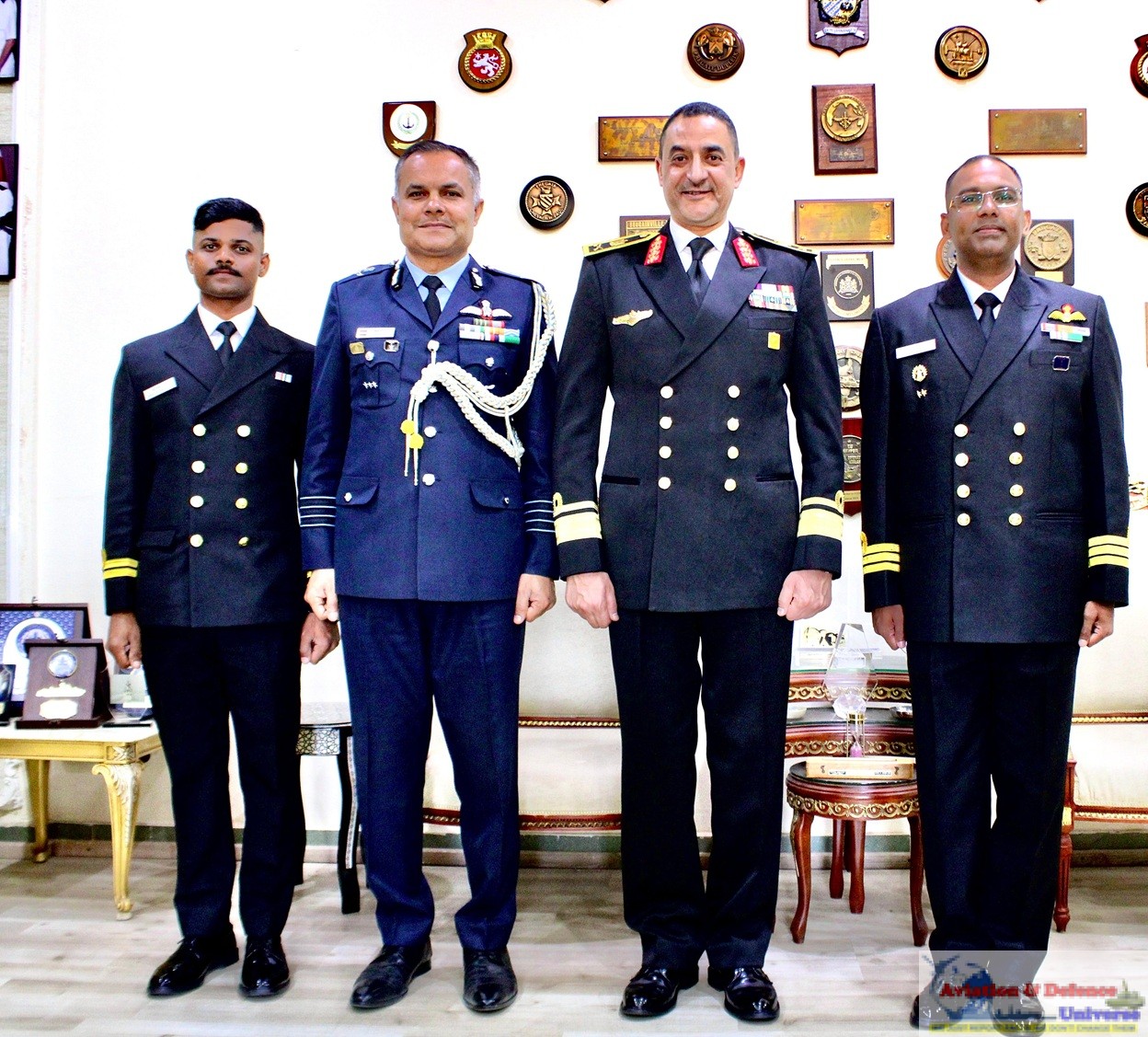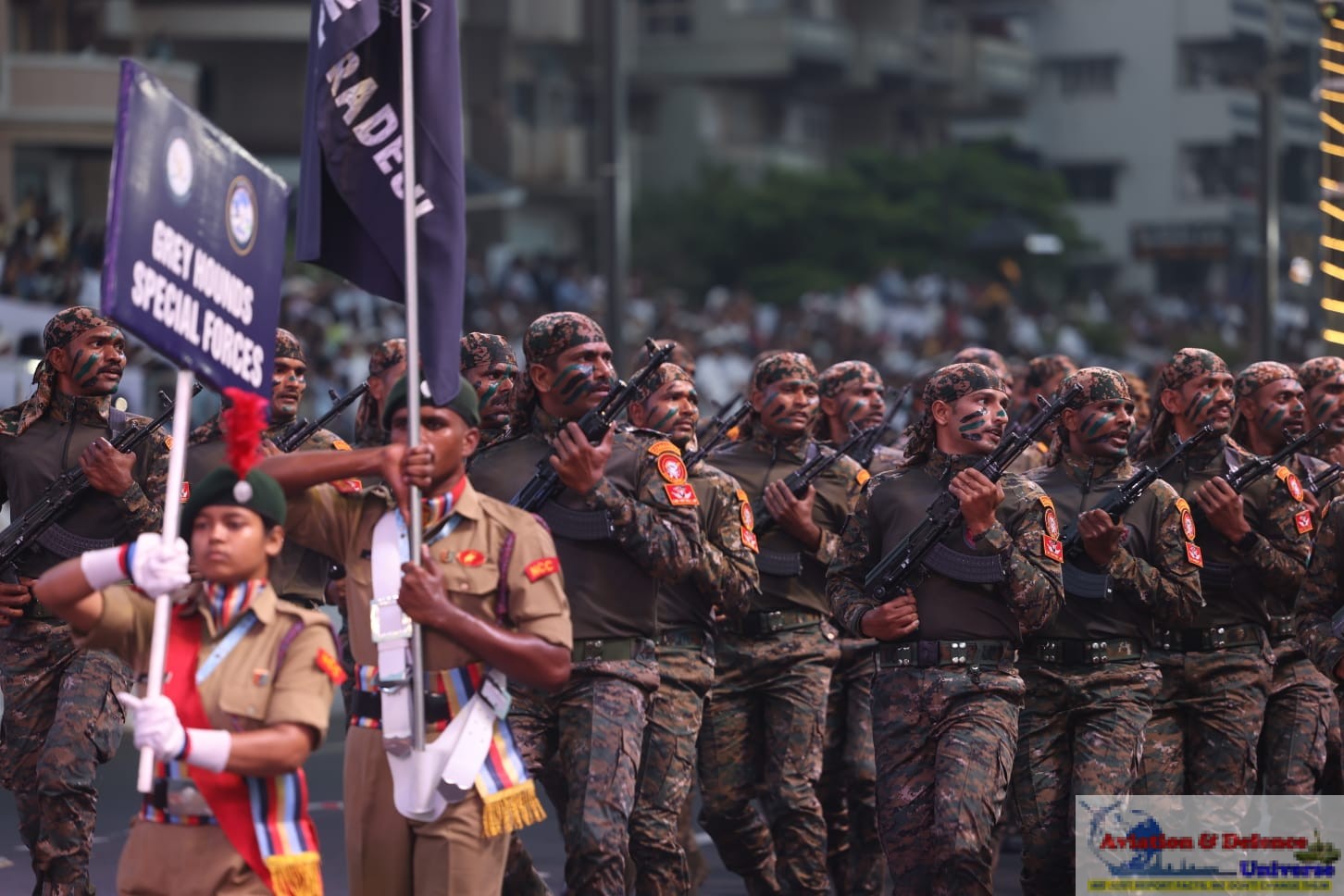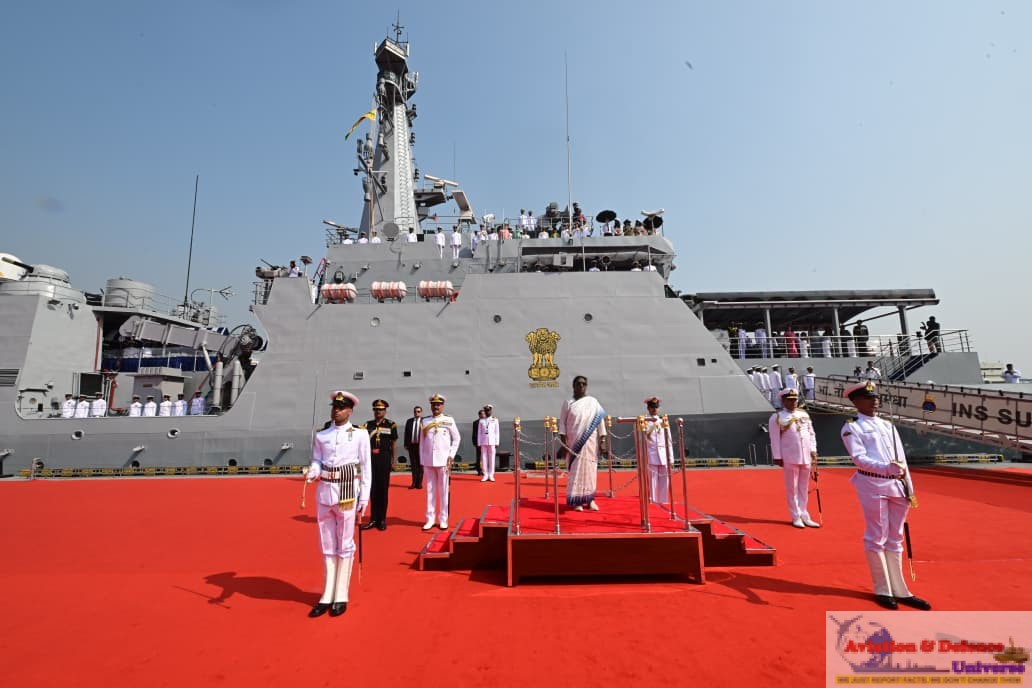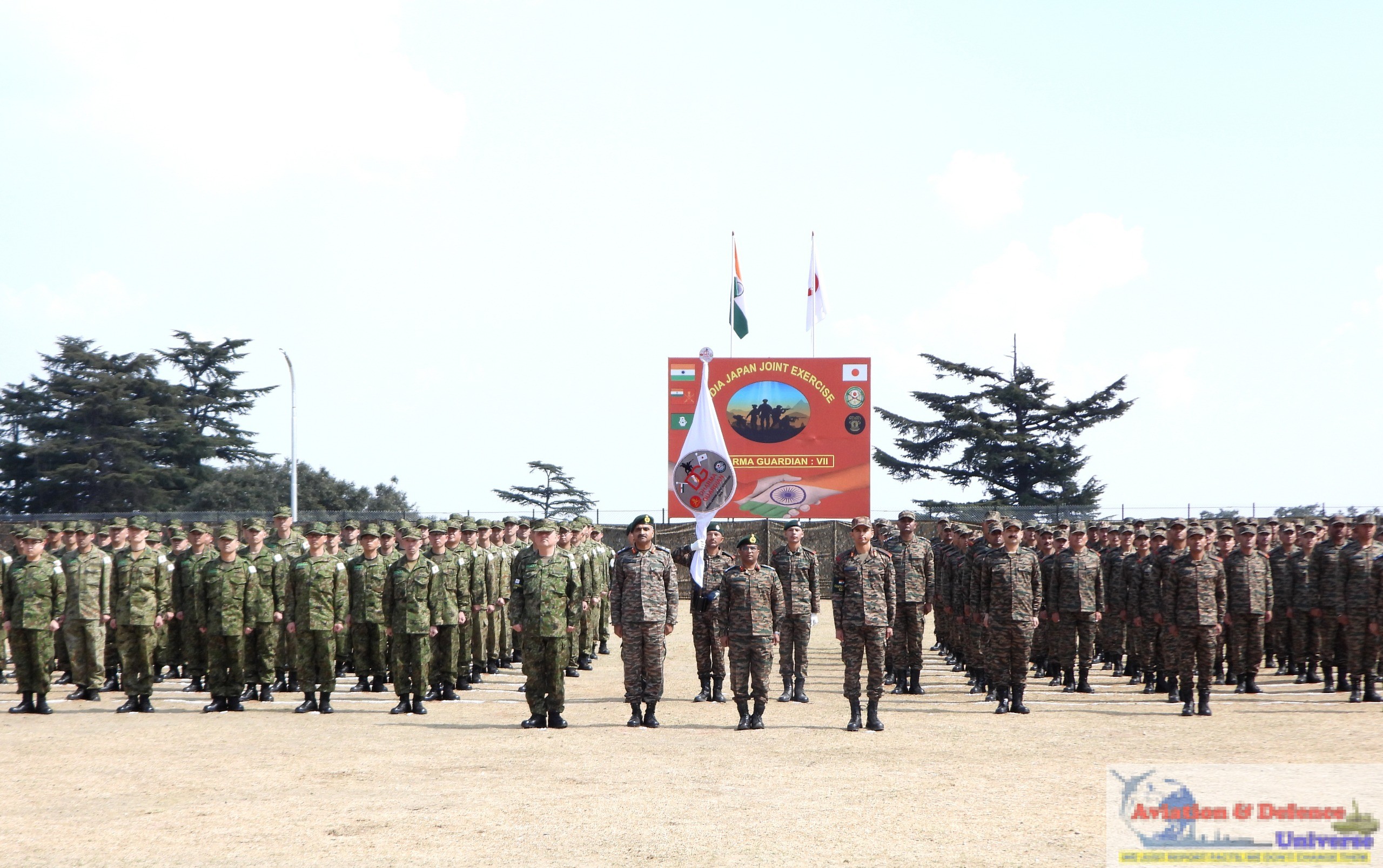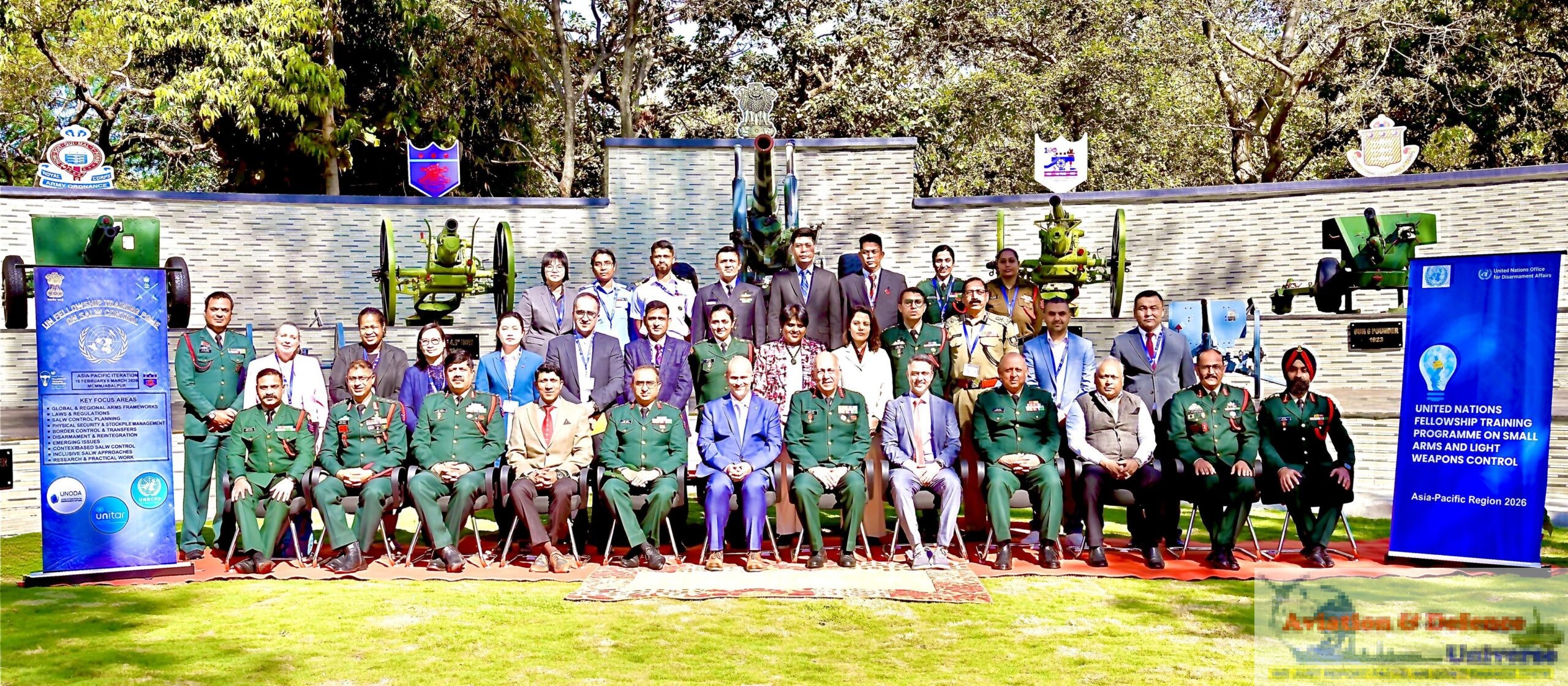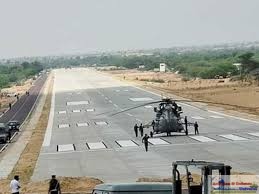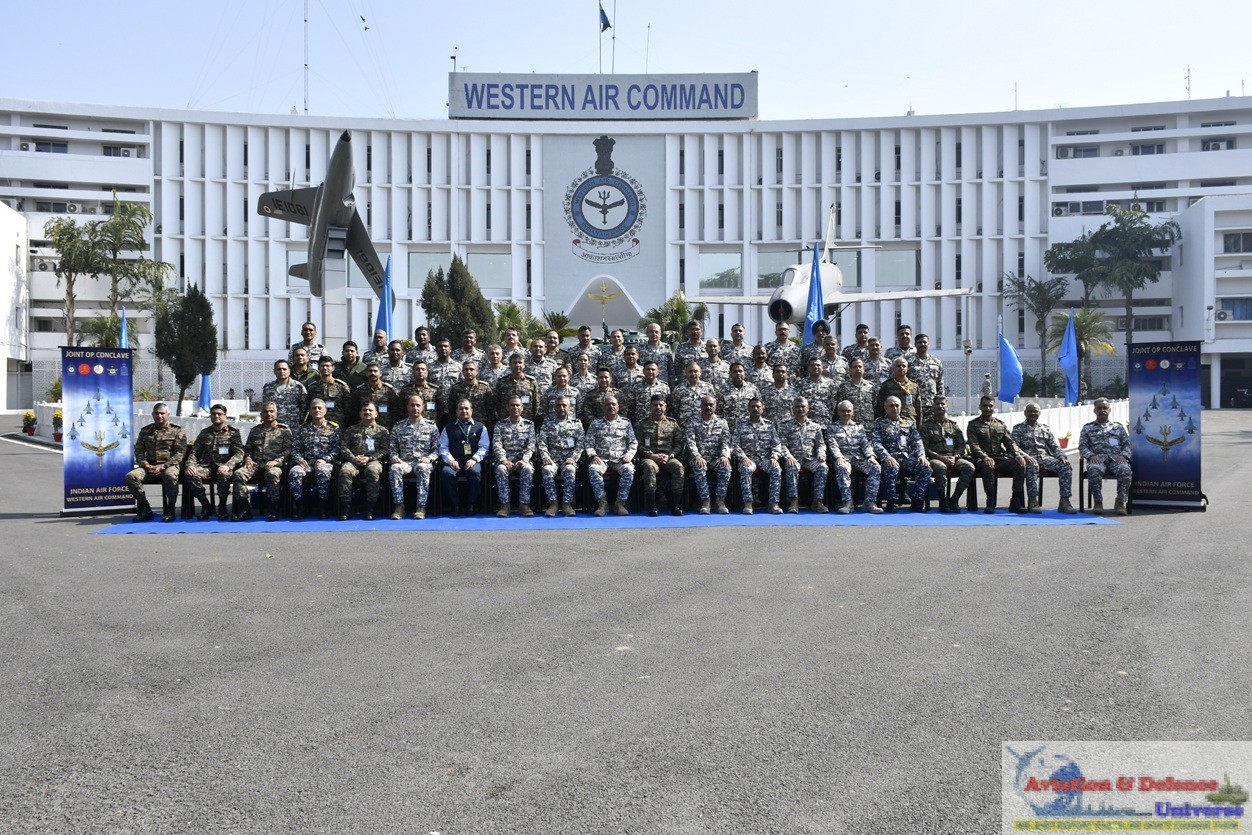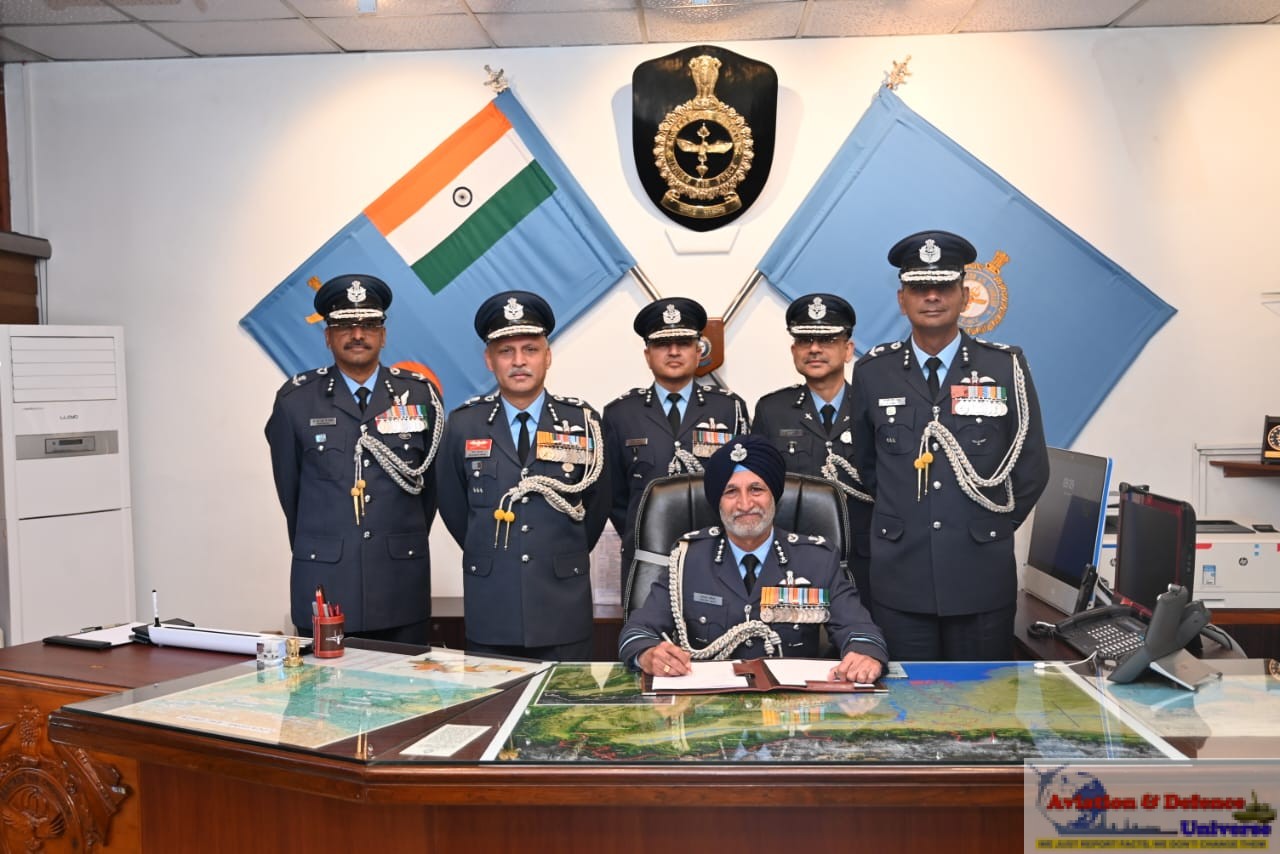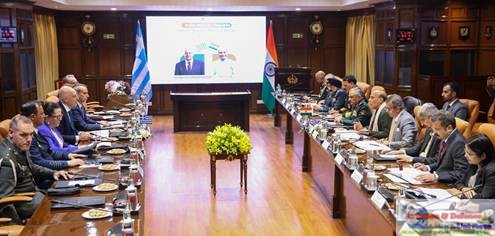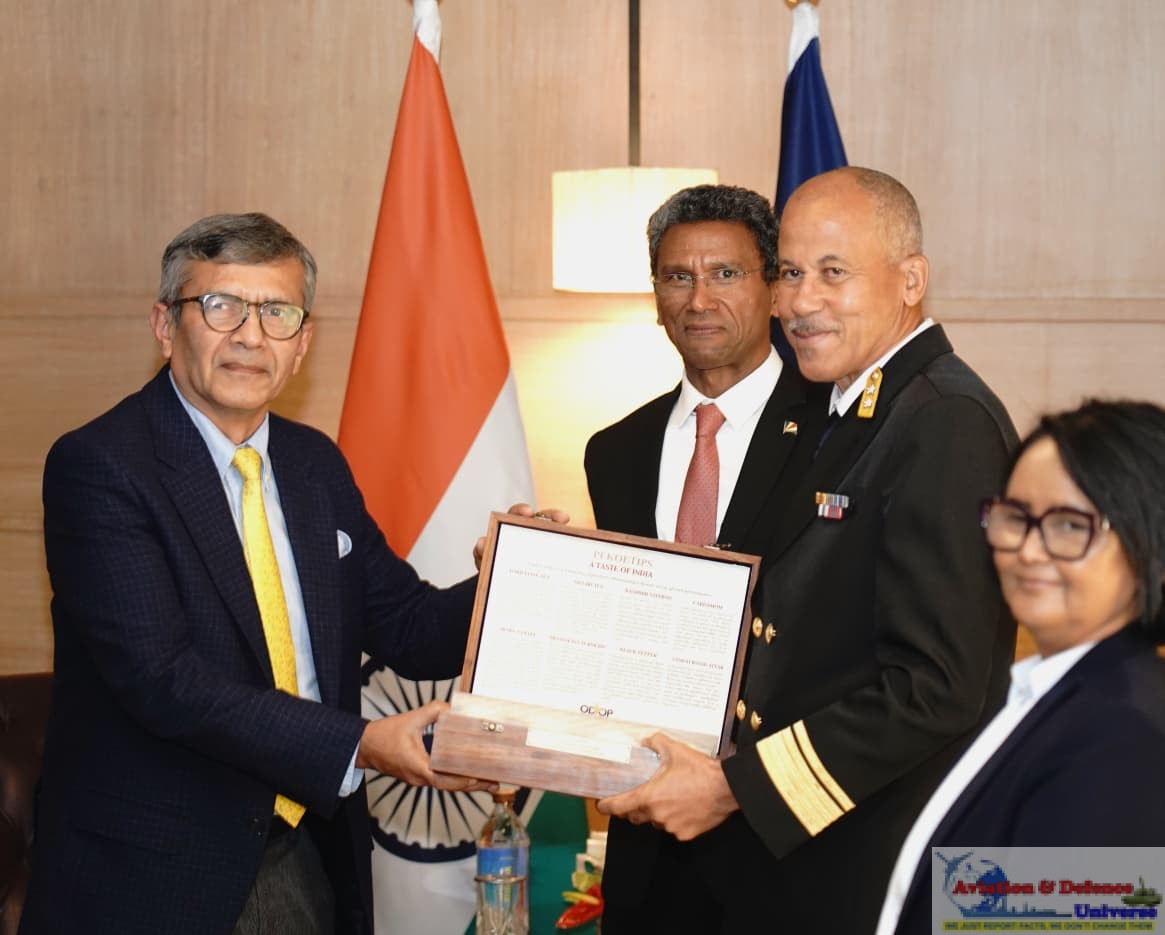1041 – The son of Empress Zoë of Byzantium succeeds to the throne of the Eastern Roman Empire as Michael V.
1317 – The “Nyköping Banquet” – King Birger of Sweden treacherously seizes his two brothers Valdemar, Duke of Finland and Eric, Duke of Södermanland, who were subsequently starved to death in the dungeon of Nyköping Castle.
1508 – The League of Cambrai is formed by Pope Julius II, Louis XII of France, Maximilian I, Holy Roman Emperor and Ferdinand II of Aragon as an alliance against Venice.
1510 – Portuguese conquest of Goa: Portuguese naval forces under the command of Afonso de Albuquerque, and local mercenaries working for privateer Timoji, seize Goa from the Bijapur Sultanate, resulting in 451 years of Portuguese colonial rule.
1520 – Martin Luther burns his copy of the papal bullExsurge Domine outside Wittenberg’s Elster Gate.
1652 – Defeat at the Battle of Dungeness causes the Commonwealth of England to reform its navy.
1665 – The Royal Netherlands Marine Corps is founded by Michiel de Ruyter
1817 – Mississippi becomes the 20th U.S. state.
1861 – American Civil War: The Confederate States of America accept a rival state government’s pronouncement that declares Kentucky to be the 13th state of the Confederacy.
1861 – Forces led by Nguyễn Trung Trực, an anti-colonial guerrilla leader in southern Vietnam, sink the French lorchaL’Esperance.
1864 – American Civil War: Sherman’s March to the Sea: Major General William Tecumseh Sherman’s Union Army troops reach the outer Confederate defenses of Savannah, Georgia.
1868 – The first traffic lights are installed, outside the Palace of Westminster in London. Resembling railway signals, they use semaphore arms and are illuminated at night by red and green gas lamps.
1877 – Russo-Turkish War (1877–78): The Russian Army captures Plevna after a 5-month siege. The garrison of 25,000 surviving Turks surrenders. The Russian victory is decisive for the outcome of the war and the Liberation of Bulgaria.
1887 – Austria-Hungary, Italy and Great Britain sign Balkan military treaty
1898 – Spanish–American War: The Treaty of Paris is signed, officially ending the conflict.
1899 – Battle at Storm Berge South Africa – Boers vs British army
1906 – U.S. President Theodore Roosevelt wins the Nobel Peace Prize for his role in the mediation of the Russo-Japanese War, becoming the first American to win a Nobel Prize.
1907 – The worst night of the Brown Dog riots in London, when 1,000 medical students clash with 400 police officers over the existence of a memorial for animals that have been vivisected.
1932 – Thailand becomes a constitutional monarchy.
1936 – Abdication Crisis: Edward VIII signs the Instrument of Abdication.
1941 – World War II: The Royal Navy capital ships HMS Prince of Wales and HMS Repulseare sunk by Imperial Japanese Navytorpedo bombers near Malaya.
1941 – World War II: Battle of the Philippines: Imperial Japanese forces under the command of General Masaharu Homma land on Luzon.
1948 – The Human Rights Convention is signed by the United Nations.
1949 – Chinese Civil War: The People’s Liberation Army begins its siege of Chengdu, the last Kuomintang-held city in mainland China, forcing President of the Republic of ChinaChiang Kai-shek and his government to retreat to Taiwan.
1963 – Zanzibar gains independence from the United Kingdom as a constitutional monarchy, under Sultan Jamshid bin Abdullah.
1968 – Japan’s biggest heist, the still-unsolved “300 million yen robbery”, is carried out in Tokyo.
1978 – Arab–Israeli conflict: Prime Minister of IsraelMenachem Begin and President of EgyptAnwar Sadat are jointly awarded the Nobel Peace Prize.
1979 – Kaohsiung Incident: Taiwanese pro-democracy demonstrations are suppressed by the KMT dictatorship, and organizers are arrested.
1981 – The United Nations General Assembly approves Pakistan’s proposal for establishing nuclear free-zone in South Asia.
1983 – Democracy is restored in Argentina with the inauguration of President Raúl Alfonsín.
1989 – Mongolian Revolution: At the country’s first open pro-democracy public demonstration, Tsakhiagiin Elbegdorj announces the establishment of the Mongolian Democratic Union.
1993 – The last shift leaves Wearmouth Colliery in Sunderland. The closure of the 156-year-old pit marks the end of the old County Durhamcoalfield, which had been in operation since the Middle Ages.
1994 – Rwandan Genocide: Maurice Baril, military advisor to the U.N. Secretary-General and head of the Military Division of the Department of Peacekeeping Operations, recommends that UNAMIR stand down.
1996 – The new Constitution of South Africa is promulgated by Nelson Mandela.
2013 – Mary Barra of General Motors becomes the first female CEO of a major automotive company
10th December in History
Hits 3,106










